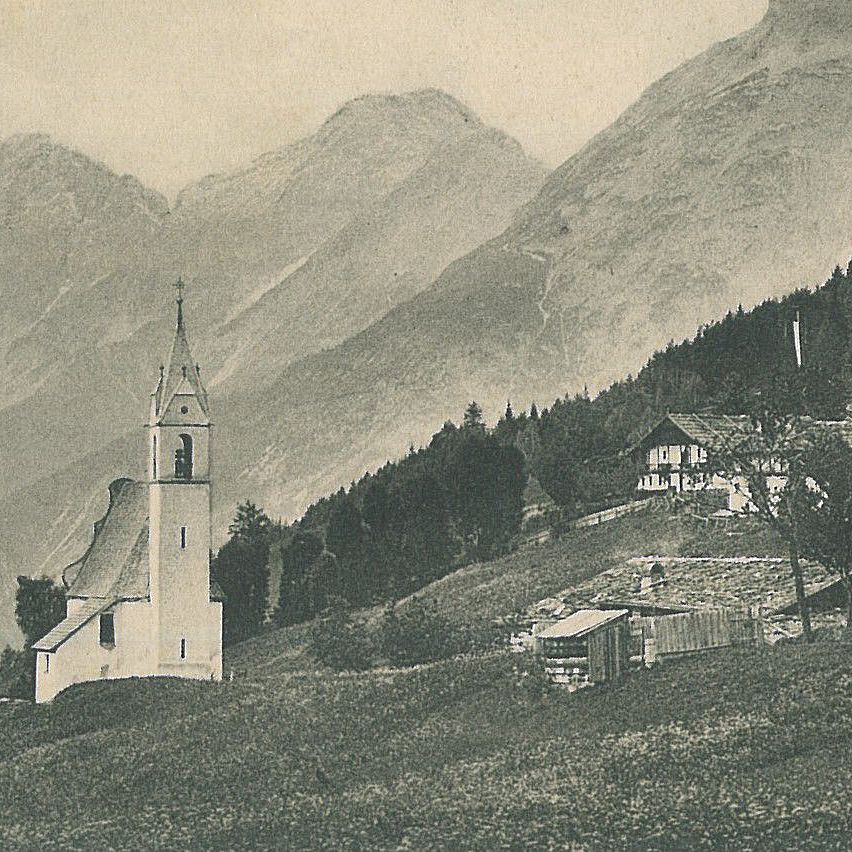
Region Seefeld – Tirols Hochplateau
The history of Mösern-Buchen
In a document from 1307, the abbot of Stams Abbey confirmed the foundation of the Schwaighof (present smithy) in Mösern by Otto the Karlinger. Schwaighofs were a preferred form of permanent settlement in the Middle Ages. In Mösern, too, the only Schwaighof had to pay annual taxes to the landlord. The levies of the Schwaighof comprised exactly 300 Laiber of cheese weighing one to two pounds. The connecting route from Telfs via Buchen to Leutasch or the route via Mösern to Seefeld was a tried and tested cart track that was used for freight traffic for centuries.
Mösern is also affectionately known as the "Swallow's Nest of Tyrol". Albrecht Dürer, who passed through Mösern on a trip to Italy in 1498, was so taken with the view over the Inn Valley that he immortalised it as the background to his world-famous self-portrait, which is on display in the Museo del Prado in Madrid.
The district of Buchen offers a breathtaking view of the mountain ranges of the Hohe Munde, the Wetterstein Mountains, the Mieminger Range and the Stubai Alps. The farmer's museum at the Gasthof Ropfnerstub'm in Buchen gives an insight into the ancient life of the farmers.
Remarkable is the Möserer See above the village, which lies in a shallow rock trough and is lined with moraine material (souvenirs from the Ice Age). The lake, the "soul" above Mösern, was already mentioned in Emperor Maximilian's fishing book in 1500. The nearby Wildmoossee and Lottensee are a-periodic and only appear at the same time for a few months every few years in spring.